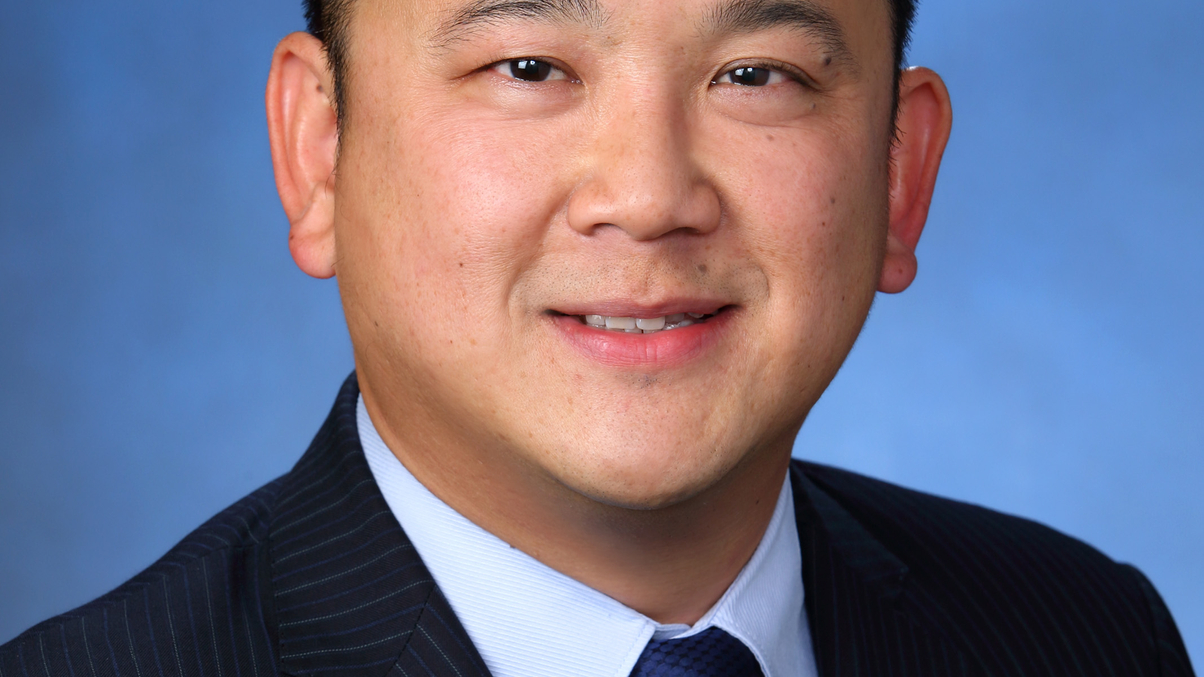BNPP IP eyes reform via new Shanghai office
The French bank's asset management arm aims to reap the rewards of financial liberalisation in China as it opens a wholly foreign-owned enterprise in Shanghai.

French fund house BNP Paribas Investment Partners (BNPP IP) sees its new Shanghai office as a way of capitalising on China's financial liberalisation as institutional clients seek new investment avenues.
Sign in to read on!
Registered users get 2 free articles in 30 days.
Subscribers have full unlimited access to AsianInvestor
Not signed up? New users get 2 free articles per month, plus a 7-day unlimited free trial.
¬ Haymarket Media Limited. All rights reserved.


